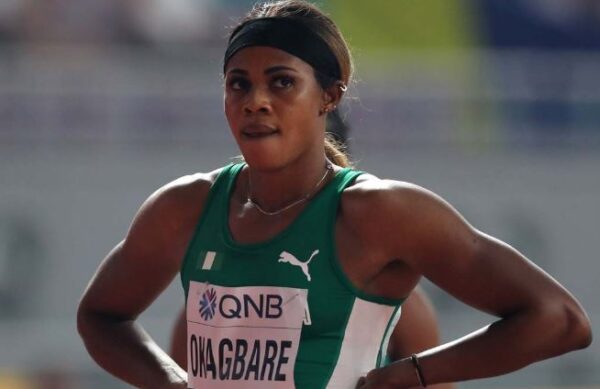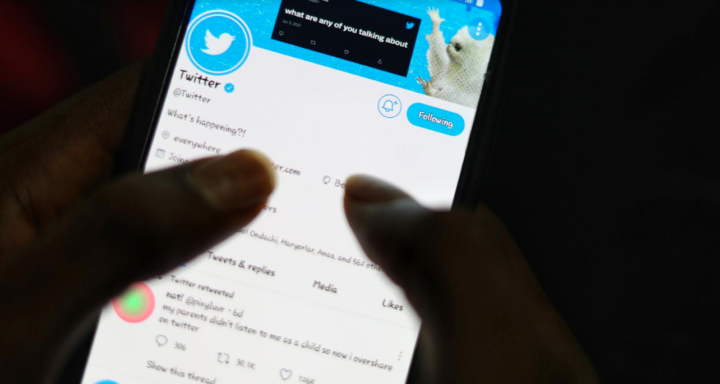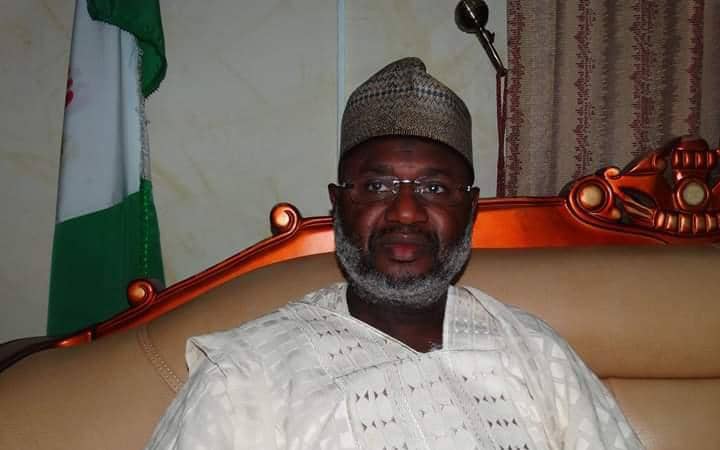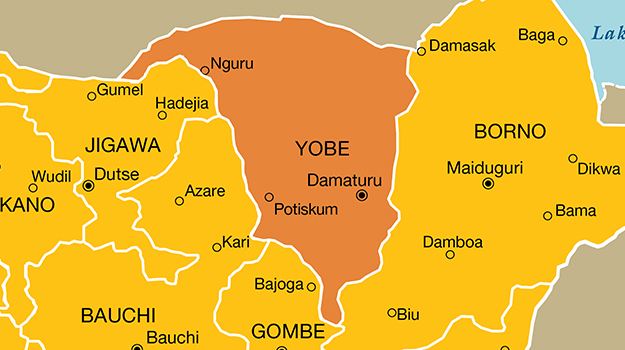Blessing Okagbare, Nigerian sprinter, has been allegedly identified among the exhibits as US prosecutors begin the trial of one Eric Lira, the self-acclaimed kinesiologist and naturopathic doctor, for providing performance-enhancing drugs to athletes who participated at the Tokyo Olympics.
Okagbare’s alleged inclusion among the evidence built against Lira was announced in a statement released on Wednesday by the US department of justice and titled “first Olympic anti-doping charges”.
Although the two-time African Championships gold medallist is not directly named in the criminal complaint, details suggest Okagbare is the “athlete 1” identified among Lira’s clients.
The details included a series of texts between Okagbare and Lira dated June 22, 2021. The Nigerian was said to have given the kinesiologist “great” feedback on a product after running a then world-record and wind-assisted 10.63 (+2.7) in Lagos the week before.
Advertisement
“On or about June 22, 2021, Athlete-1 wrote to LIRA, Hola amigo / Eric my body feel so good / I just ran 10.63 in the 100m on Friday / with a 2.7 wind / I am sooooo happy / Ericccccccc / Whatever you did, is working so well,” a part of the statement read.
However, the race in Lagos was held on June 17, 2021, which was on a Thursday.
The criminal complaint then included that the said athlete was suspended a few hours before participating in the semi-finals of the women’s 100 metres race in Tokyo for testing positive for human growth hormone at an out-of-competition drug test “on or before July 19.”
Advertisement
“Notwithstanding the attempt to evade anti-doping tests, LIRA and Athlete-1 were discovered in their scheme. On or about July 19, 2021, Athlete-1 underwent an out-of-competition blood collection for purposes of drug testing by the Athletics Integrity Unit, a body charged with ensuring fair competition and prevention of doping at the Tokyo Olympics among other competitions,” the statement added.
“The results of that testing reflected Athlete-1’s use of human growth hormone. On or about July 30, 2021, Athlete-1 was provisionally suspended from Olympic competition, including in the women’s 100m semi-finals set to take place that same evening.”
The details mirror that of Okagbare, who was suspended indefinitely after the Athletics Integrity Unit (AIU) adjudged her to have tested positive for human growth hormone in one of the out-of-competition drug examinations she did in Slovakia on July 19.
The Nigerian was also the only athlete sanctioned for doping before the semi-finals of the women’s 100-meter race in Tokyo.
Advertisement
According to the criminal complaint, Lira is the first defendant charged under the recently enacted Rodchenkov Act, signed into law on December 4, 2020.
Okagbare, who was not listed amongst the defendants, was slammed with another two anti-doping charges by the AIU last October.
The 33-year-old had denied both charges of using banned substances while requesting that each of them be submitted to a hearing before the disciplinary tribunal.
Advertisement






